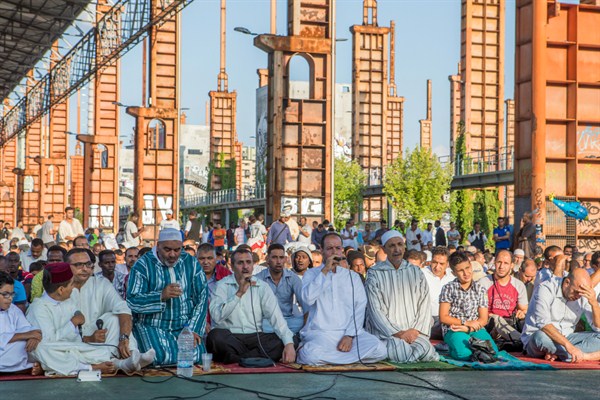Editor’s note: This article is part of an ongoing series about religious minorities in various countries around the world.
In early February, a month before Italy’s inconclusive elections, the leader of the far-right party the League, Matteo Salvini, called for the closure of all “illegal” Islamic centers, declaring that “Islam is incompatible” with Italian values. The rise of Islamophobia in Italy has coincided with an anti-immigrant backlash to the migrant crisis that saw just under 120,000 immigrants arrive in the country in 2017 alone, many of them Muslims from Africa and the Middle East. But the question of unregistered Islamic centers—a response to a shortage of mosques—highlights Muslims’ precarious situation in Italy, where a “pyramid” system stratifies the legal status of the country’s religious minorities. In an email interview, Alessandro Ferrari, professor at the University of Insubria in Como and Varese, Italy, discusses the social and legal status of Italy’s religious minorities, and the implications for religious minorities of the rise of right-wing nationalist parties like the League.
WPR: How would you characterize the experience of religious minorities in Italy today, especially in relation to the state and Catholic majority?

